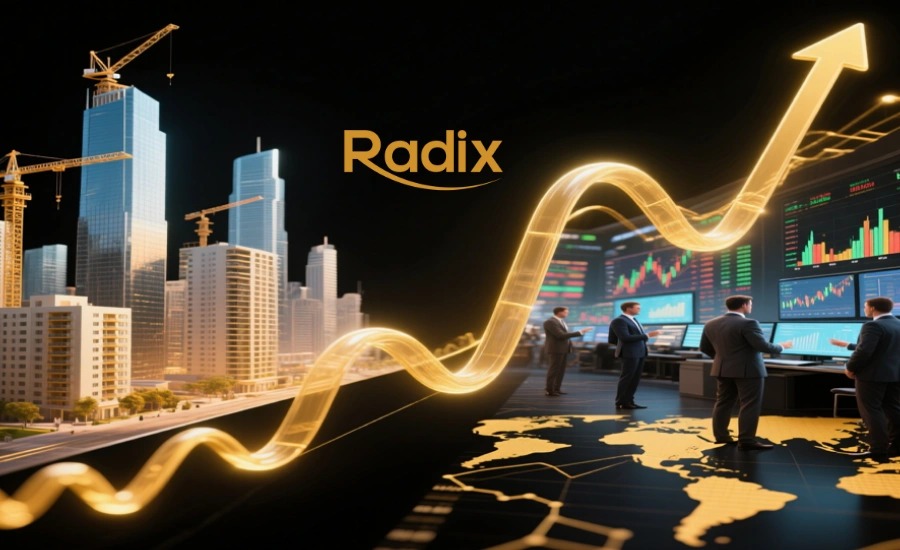The Link Between Economic Activity and Real Estate Investment
Real estate investment is heavily influenced by external economic factors. As the primary engine of market growth, The Link Between Economic Activity and Real Estate Investment plays a crucial role in shaping investor decisions and market trends. With the expansion of urban areas and increasing demand for residential, commercial, and administrative properties, real estate remains a safe haven for preserving capital—especially during periods of economic uncertainty.
Direct Impact of Economic Trends
Real estate is one of the most sensitive sectors to economic changes. Investor decisions often shift based on interest rates, inflation, and employment levels.
-
Interest Rates: Higher borrowing costs reduce buyers’ willingness to invest.
-
Inflation: Erodes currency value and raises living costs, but also boosts the value of real estate as a hedge.
-
Unemployment: Reduces purchasing power and weakens demand for both residential and commercial properties.
Continue reading here Real Estate Demand Trends
Overall, the relationship between economic activity and real estate is deeply interconnected and constantly evolving.
Economic Growth Boosts Real Estate
Economic expansions typically lead to increased consumer spending and investment. This results in higher demand for properties, encouraging new developments and enhancing profitability.
Conversely, economic slowdowns reduce market activity. Limited spending capacity leads to lower property demand and a cautious investment environment.
Interest Rate Fluctuations
Interest rates significantly affect property financing:
-
Higher Rates: Discourage borrowing, slow down purchases, and lower market activity.
-
Lower Rates: Stimulate buying behavior, as financing becomes more accessible and returns more appealing.
Understanding rate movements is essential for any investor seeking timing advantages.
Key Economic Drivers for Real Estate Investment
Several macroeconomic factors play a pivotal role in attracting investors:
-
Political and economic stability fosters market confidence.
-
Consumer trends shape demand for specific property types.
-
Expected returns—whether long-term rental income or short-term capital gain—drive investment strategies.
For more on this topic, we recommend this article Real Estate Investment Funds … What You Need to Know
Smart Real Estate Investment Tips
To ensure a profitable real estate venture, consider these fundamental practices:
-
Market Research: Analyze supply-demand dynamics, price trends, and identify high-growth areas.
-
Property Selection: Choose based on strategic location, budget, and expected yield.
-
Cost Awareness: Assess maintenance, taxes, and operational expenses relative to expected income.
-
Portfolio Diversification: Invest in various property types—residential, commercial, and office units—to mitigate risk.
-
Balanced Financing: Avoid overreliance on loans. Ensure repayment capacity during tough economic cycles.
-
Professional Guidance: Collaborate with expert firms for timing, risk assessment, and asset selection.
- Long-Term Perspective: Be patient—real estate gains often require time. Focus on assets with stable cash flow and long-term appreciation.
You may also be interested in How to Choose the Best Investment During Inflation
